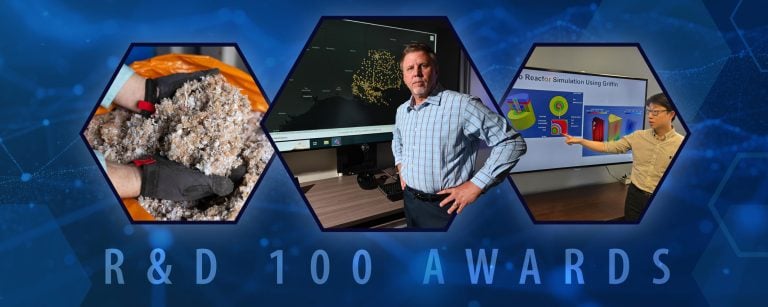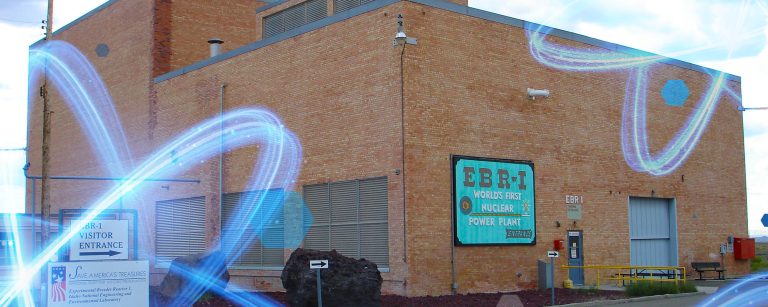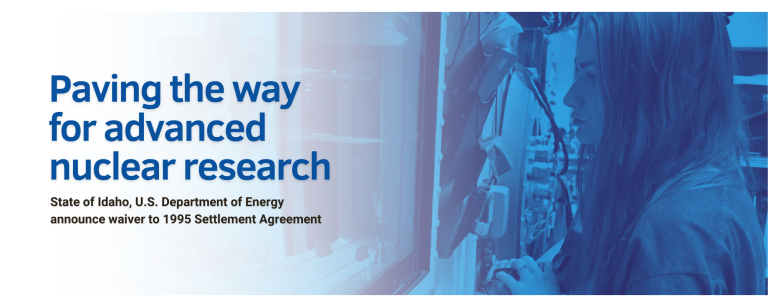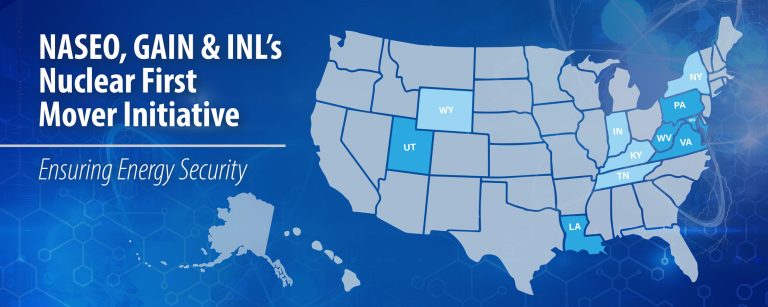An Idaho National Laboratory scientist engaged in nuclear fusion research has been selected to participate in the U.S. Department of Energy’s Early Career Research Program.
Dr. Paul Humrickhouse, INL’s Fusion Safety Program lead, is one of 76 scientists from around the nation – 50 from universities and 26 from national laboratories – to be selected. Under the program, run by the DOE Office of Science and now in its 11th year, researchers at DOE national laboratories receive grants of at least $500,000 per year. The grants extend over five years and are intended to provide support to exceptional researchers during their crucial early career years, when many do their most formative and groundbreaking work.
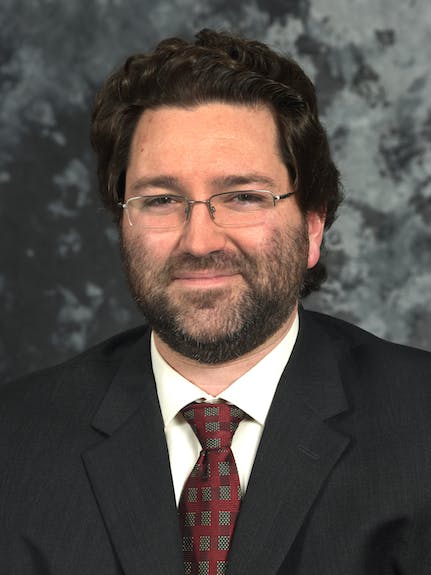
“We are immensely proud to see Dr. Humrickhouse achieve this distinction,” said Dr. Marianne Walck, INL’s chief research officer and deputy laboratory director for Science & Technology. “This is a fine reflection of INL’s reputation in the world of peer-reviewed research. It points not only to significant accomplishments already achieved, but discoveries that have the potential to change the world.”
Humrickhouse received his doctorate in nuclear engineering and engineering physics from the University of Wisconsin in 2009. He came to INL as a postdoctoral researcher that year, then joined the staff. His research has involved computational modeling and analysis of fission and fusion systems.
In any fusion reactor, plasma is surrounded by a blanket filled with lithium compounds whose purpose is to produce tritium, an isotope of hydrogen, for reuse as fuel. Computational modeling helps researchers predict fluid flow and heat transfer in the high-radiation environment. Using the Multiphysics Object-Oriented Simulation Environment (MOOSE) – an open source simulation platform developed at INL – Humrickhouse intends to focus on the influence of high magnetic fields and material structure on tritium transport by coupling to other physics models and simulation tools. This should lead to safety evaluations necessary for the realization of fusion energy.
To be eligible for the DOE award, a researcher must be an untenured, tenure-track assistant or associate professor at a U.S. academic institution or a full-time employee at a DOE national laboratory, who received a Ph.D. within the past 10 years. Research topics are required to fall within one of the DOE Office of Science’s six major program offices:
- Advanced Scientific Computing Research
- Basic Energy Sciences
- Biological and Environmental Research
- Fusion Energy Sciences
- High Energy Physics
- Nuclear Physics
Awardees are selected based on peer review by outside scientific experts. The details for each project award are subject to final grant and contract negotiations between DOE and the awardees. A full list of winners is available here.


